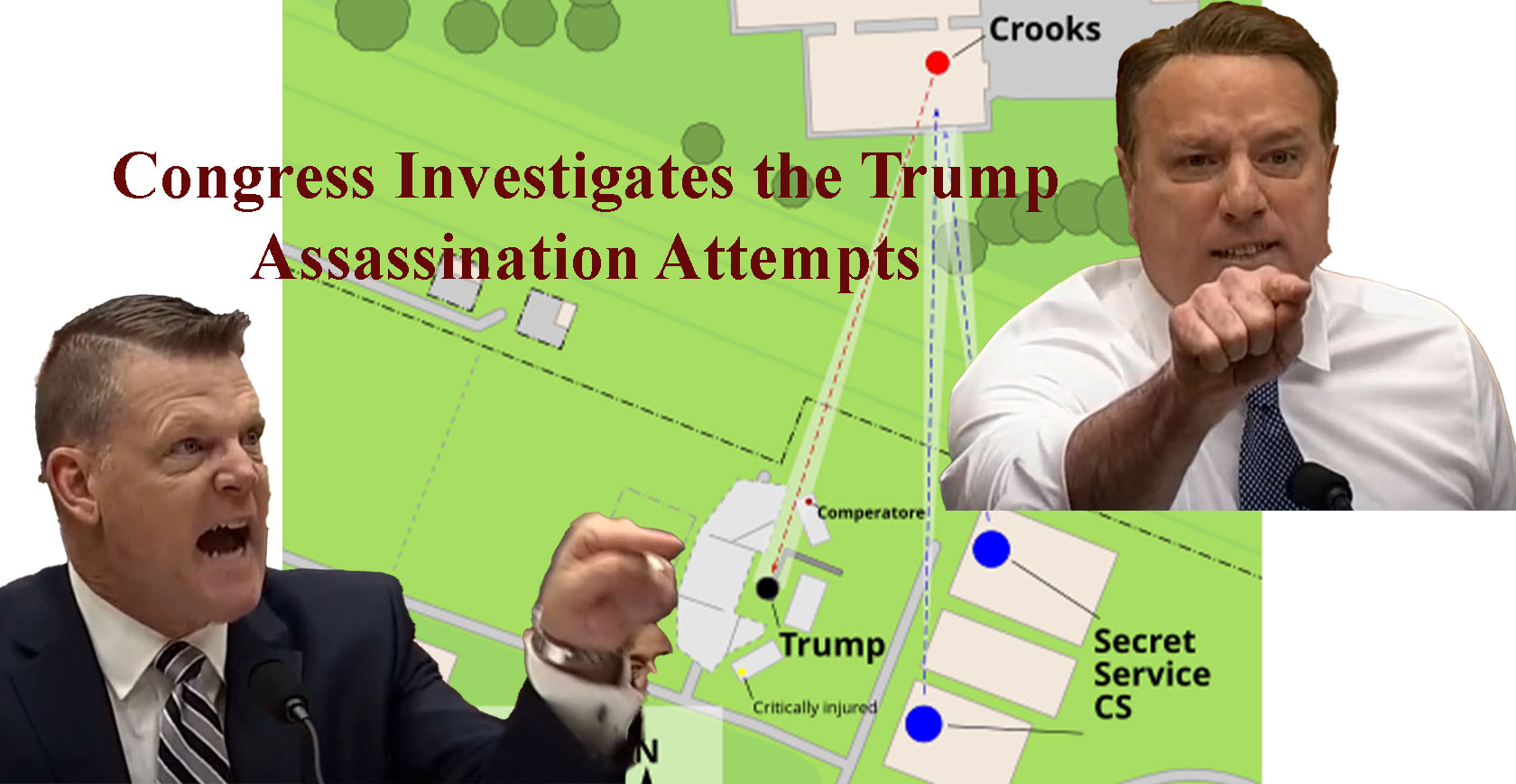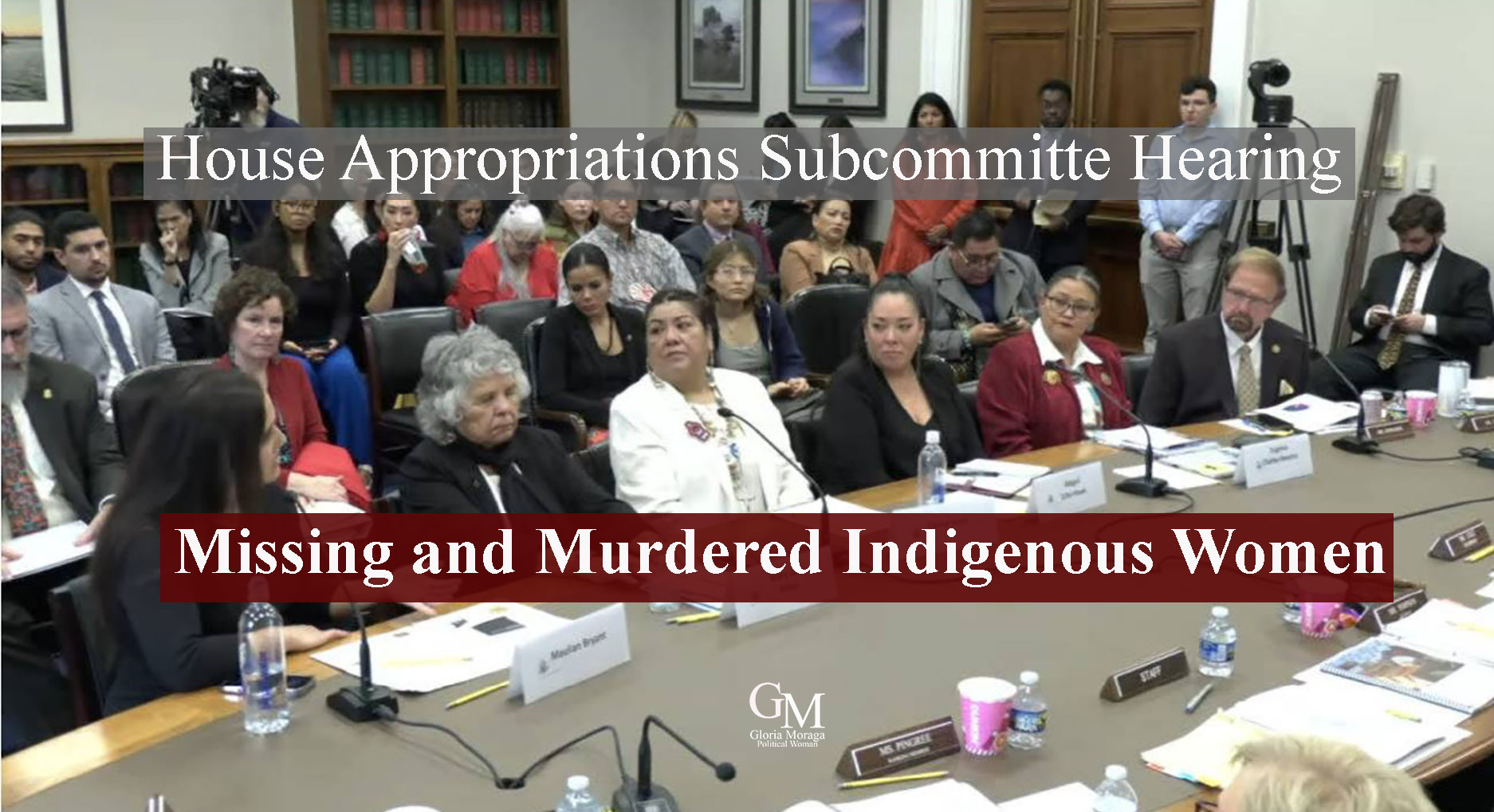Excellent Communication is a package deal. Sometimes it is not only what you say but How you say it. Some of my biggest communication blunders happened because of my Paralanguage. The jpeg says it all, “HOW I RUINED MY NEWS MANAGEMENT CAREER – PARALANGUAGE MISTAKES.”
Paralanguage
Here is the definition of Paralanguage.
yourdictionary.com
My writing/blogging/Podcasting goals are to help all of you learn from my communication mistakes. This episode of One-On-One is the first of a Five-Part Series examining my big Comms. Blunders.
I am sharing my horribly stupid paralanguage mistakes in front of Broadcast Corporate Managers.
This is the first time I’ve shared this story, I had pushed it to the back of a drawer in my mind and it was painful taking it out. I hope it helps someone.
The Following is My Podcast Script.
In communications, there is what you say or write and the way you say it.
For example, “I really love this Job!”
But you say it sarcastically while rolling your eyes, wrinkling your nose.
For example, “I really love this job.”
It changes the meaning.
You can also scream the sentence, “I really love this job!”
It can be an angry scream or a happy scream.
This is Paralanguage – the way you say something instead of what you actually say.
Paralanguage is nonverbal communication such as your tone, pitch, or manner of speaking. An example of Paralanguage is adjusting the pitch of your voice. Like I just demonstrated.
Yes, Paralanguage is all about “Body Language.” Still, it goes deeper than just refusing to look someone in the eyes, One-On-One when you talk to them.
My Paralanguage mistakes – Part One of Wating Ice Water at Work.
Music and Introduction
I am Talking about Paralanguage. Something that I misused. Not really misused. I was just dumb and inexperienced. I worked hard at reporting. I didn’t work at being a diplomat. I never counted to ten before I spoke up. This aggressiveness helped me as a reporter, but it hurt me as a manager, co-worker, and human being.
All of this said, my paralanguage stumbles hurt me. They resulted in many, many nasty exchanges in my life. And trouble on the job.
I’m here to help you avoid the mistakes I make.
Here is one story
I was offered a promotion. It was the opportunity to transition from being an on-air Journalist to being in Television News Management. My ultimate goal was to teach so I figured this would help me with that.
I was over-the-moon happy.
Gannett Corporation wanted me to be a News Managing Editor.
This position is number two in the newsroom, after the News Director.
I worked hard. We had a great team. We are producing great stories, and we are moving up in the ratings.
One day the Gannett News managers travel from headquarters, located in a suburb of Washington, D.C., in the state of Virginia to Sacramento. They are coming to conduct Focus Groups.
You know. Focus groups are ordinary people who watch stories or anchors and tell big top level managers what and how they feel about them.
Gannett was spending a lot of money on this. They wanted to help our news organization succeed. As Managing Editor, I was required to be at the Focus Group meetings.
Focus Group v. Breaking News
Well, what do you know? We had a major breaking news story the same late afternoon that I was scheduled to be at the Focus Group meeting.
I didn’t hesitate for one minute. I called my boss and told him I could not be at the Big Corporate Manager Meeting. I had to stay with my team and manage the breaking news story.
I did this because reporters like to complain about managers leaving the newsroom when there is a breaking story. I didn’t want the reporters to think I was that kind of manager. And I liked managing Breaking News.
About 30 seconds after I made that call, the Gannett Corporate News Manager was in my office. He closed my door. And he told me I would go to the Focus Group meeting. I calmly explained that I would not. And why it was vital for me to stay with my team.
He said, you are not a reporter anymore. You are a manager, and you have to come to this meeting. It’s the big picture. In the long run, this is more important than one news story.
Did I shut up? Of course not. I’m a psycho. I argued some more. Finally, my boss, the news director, opened the door and said, enough, Gloria, we are leaving, come on.
I got up and we left.
My Mistakes – Don’t Do What I Did
Mistake One – Don’t argue with Corporate managers. Who the hell did I think I was? Okay, I was passionate about my work. But they are in charge. They pay my salary.
Mistake Two – When you are invited or told to go to a corporate meeting, GO!
Three – When the big, big boss tells you to do something, like come to a Focus Group meeting, Do it. Stop arguing.
Four. Say thank you for inviting me.
So. Did it end there? Of course not. Because this episode of One-On-One is about Paralanguage.
Mouth Shut – Paralanguage Temper Tantrum
When we got to the offices where the focus groups were meeting, all the big wigs were there. We were in a small room watching the focus groups through a two-way mirror/window.
My boss whispered to me. So glad you are here. I ignored him. I was silent. I crossed my arms in front of my chest.
Then the corporate boss said, yes, Gloria, this is important. What did I do?
I shrugged. I did not say, Thank you, you are right.
I did not say, I’m glad I’m here.
I only spoke when somebody asked me a question, basically pouting or showing my displeasure at being there through the entire meeting.
I didn’t smile. I did not laugh.
My Paralanguage sucked. I was saying, I hate you all. I wish I was in the newsroom. I was also saying, I’m a loser. I just didn’t know I was saying that at the time.
The next day, our overnight ratings came in, and we almost beat the number one news station. The big corporate boss came to my office, waving the news rating sheet. “Good job,” he said.
I said, “See, I told you it was important for me to be here.”
How stupid can anyone be? This is me.
I was given incredible opportunities to make it as a corporate manager. I threw it away. They liked my passion but I did so many wrong things.
Let me say. I did not want to move to a small Gannett Station to be a News Director. And I did not want to move back to Virginia to work in Corporate.
But after being bullied at my next job, I wish I had been smarter when I had the chance. So that I would have had options. I could have been a consultant. Or a number of other jobs.
Finally, it was a mistake to ever argue with the big corporate news manager.
But my Paralanguage was displayed in front of the station Station’s General Manager and the other corporate leaders at the Focus Group meeting was horrendous.
Newspeople understand each other and the passion for Journalism; and breaking news but corporate Station managers, do not.
END OF THAT STORY.
And that was painful to remember and to tell.
We all want to be effective communicators, but it is essential to align our tone, appearance, and body language with the words we say.
And to think before we communicate.
We need to think about not just the words we say, but the words we SHOULD SAY.
What is the message we want to convey? It’s a package deal—words, tone, appearance, body language. The package helps you connect and communicate.
Appearance
One example, research shows that when people lie, they blink more often, shrug, and shift their weight.
There is also something called “Poker Face” when you are playing poker, and you draw fabulous cards, like three Aces, you don’t want your face to covey your excitement. You want to raise the bet and make more money.
My appearance at the focus group meeting was unsmiling, with arms across my chest. Not open nor welcoming nor pleasant. A loser.
Tone
The tone is another element of communication that is considered nonverbal. A different tone can change the message’s meaning.
Life is a Stage – William Shakespeare
You learn this in acting class.
I was in a play once at Fresno City College. The Play was being directed by one of my favorite and best professors ever, Dr. Donald Gunn.
I was in the cast and sitting in the audience waiting for a rehearsal of my scene, and Dr. Gunn was working with the lead male actor. Let me say, I thought the actor was miscast. Here is how their rehearsal went.
Dr. Gunn to the student.
“You are enraged. You want to kill Electra. You are Zeus. You are a God. You shout. “Be Quiet.”
The student looked petrified, and he said, “Be Quiet.”
The word quiet was said with a lilt. Kind of a Swedish accent.
It was awful. No matter how much Professor Gunn tried. He could not get the student to shout “BE QUIET.”
Two words, my friends. And the way they are spoken gives them meaning.
One way or another.
The tone of our voice conveys or communicates a lot of information.
The study of Paralanguage is known as paralinguistics. It’s also called vocalics. (pronounced: vo CAL ics)
Here is one definition from Wikipedia
https://en.wikipedia.org/wiki/Paralanguage
“Vocalics is meta-communication. Using the tone of voice, body language, gestures, and facial expressions may modify meaning, give nuanced meaning, or convey emotion by using pitch, volume, intonation, etc.”
PARALANGUAGE MAY BE EXPRESSED CONSCIOUSLY or UNCONSCIOUSLY.
I typed this in bold type and in caps.
Why?
Because I got into the bad habit of wearing my emotions on my face. This hurt me when I was in management and when I was no longer reporting.
As a reporter, I learned to cover up my true feelings when covering a political story. But when I wasn’t on camera, I wore my emotions on my face. I didn’t even realize I was doing this until the President of Sac State told me he could just look at me and know what I was thinking.
At the time I thought, “B.S.!”
Now I know he was right.
The Study of Speech
Paralanguage was invented by George L. Trager in the 1950s. Trager was an Amerian Linguist (linguistics is the study of speech) first a professor at Yale University in 1930 and 1940. Then, he worked at the Foreign Service Institute of the U.S. Department of State. This is essential work because nonverbal communication is critical for diplomats, especially when you consider cultural differences.
That is some background on the word: Paralanguage from the good old internet. https://en.wikipedia.org/wiki/George_L._Trager
Back to me and you and this series.
My first job was at KMJ Radio, then I moved into television news. I made some real serious missteps in my radio and early television jobs. And everybody in Fresno knew it.
When I left Television Journalism, I took a job at Sacramento State. I also made even more one-on-one mistakes when I was in public affairs and marketing at Sacramento State.
I am beginning a series of communication mistakes on the job.
I’m going to be quoting from a couple of studies and reports. I will include links in the descriptions and on my website at gloriamoraga.com. I’m also going to put the transcripts or scripts on my website.
People in Hell Want Ice Water
https://www.goodreads.com/quotes/418050-there-s-people-in-hell-who-want-ice-water
Nelson Algren, The Man With the Golden Arm
You all know that I use “Wanting Ice Water,” to prove how difficult my career was when I was being bullied. It is a quote from the book Man With the Golden Arm. The full quote is People in Hell Want Ice Water.”
I see now; my communication mistakes really hurt my career and make work a living hell. Also this does not excuse the bullies for being mean and evil.
Here is a list of the big communication mistakes I made in my career. And what I’m going to blog about in the next couple of podcasts.
Part One – Paralanguage – or How Gloria Destroyed her New Management Television Career.
Part Two – Carefully communicating or explaining your point of view
Part Three – Accepting criticism
Part Four – Listening carefully. With your entire mind and body.
Part Five – Bad attitude – Ego. Arguing. Interrupting. Showing respect for yourself and others, admit you are wrong, say you don’t know.
There are also different communication METHODS.
- Phone calls
- Video Messaging – Zoom, etc
- Directing messaging
- In-Person
My mistakes were made using all these methods. I will explain as we through this series.
I’m Gloria Moraga, make sure all your Paralanguage is positive paralanguage.
Please subscribe. Please share. Stay safe. Talk to someone. One on One.




